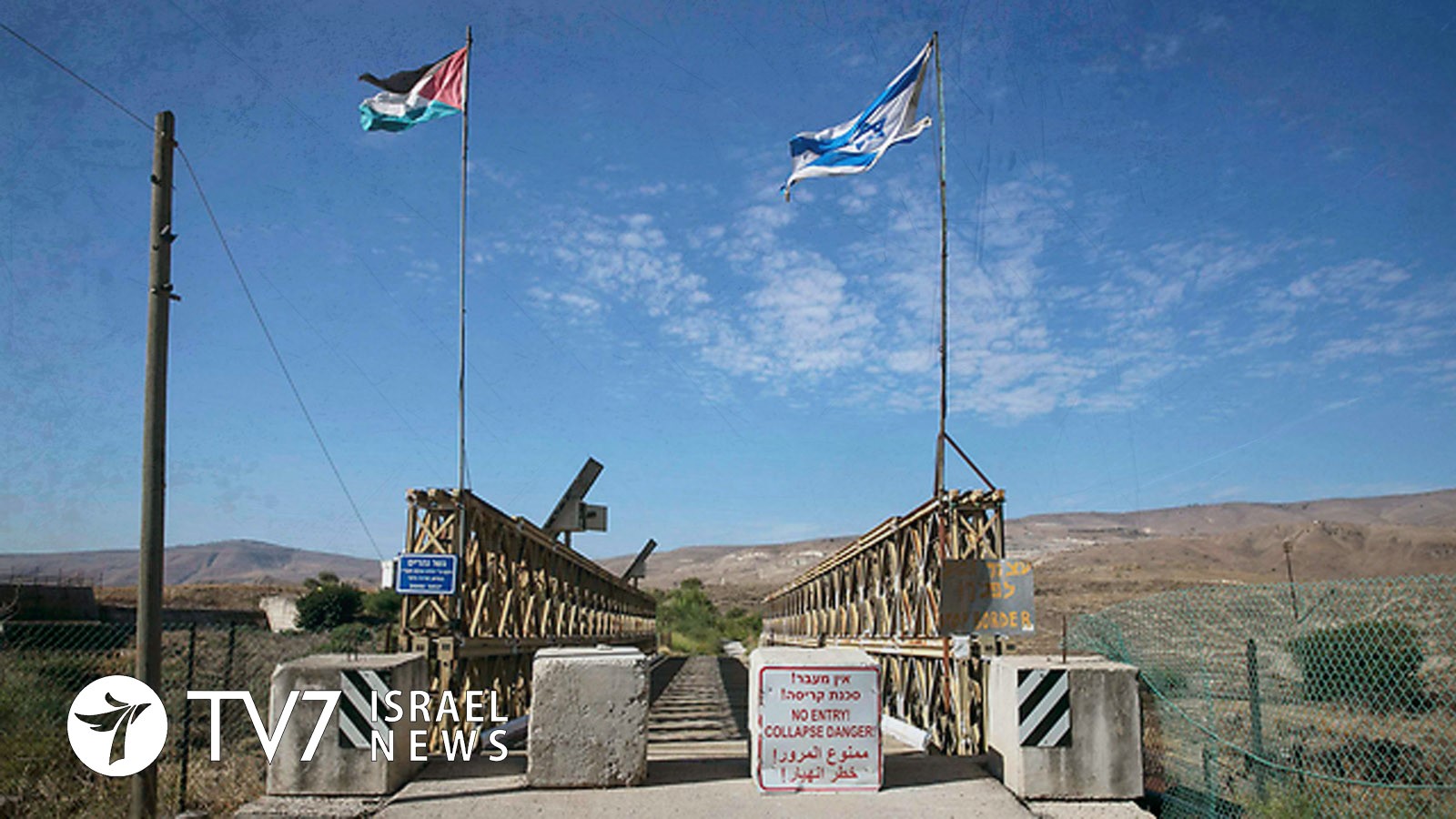Jordanian Foreign Minister Ayman Safadi announced that the Hashemite Kingdom has not received any official requests from Israel to renegotiate parts of the peace treaty between the two countries, regarding the leased border-territories that are used by Israeli farmers for agricultural purposes. In an interview with a local Jordanian media outlet, Amman’s top diplomat underscored that ‘even if Israel was to submit a request, Jordan is determined to pull out of the annexes from the 1994 agreement, and the areas of the Islan of Peace in Naharayim and the Zofar enclave in the Arava, which Israel leased from Jordan for the past 24 years, will be under Jordanian sovereignty within one year’s time. It is important to note that while the Hashemite Monarch initially sought to extend the lease, a report in The Jordan Times revealed that the king’s decision followed a request from anti-Israeli government activists, who demanded not to renew the agreement and to revoke Israeli ownership of any Jordanian lands. The move, however, has implications for many Israeli farmers whom are concerned with losing their livelihood. While Jordan has legal grounds to move forward with its decision, Israeli farmers voiced optimism of reaching some kind of an understanding. According to Israeli Farmer Avner Ron, “First of all, I think it will be a mistake. I think it must be considered carefully. As far as we are concerned, as farmers in these areas and especially here in the island of peace, we will be hurt by this move. We and the Jordanians have a year to study this issue, I hope we will reach some kind of outline that will enable us to continue cultivating agriculture.” Under the 1994 Treaty of Peace between Israel and Jordan, the two separate territories fell “under Jordanian sovereignty with Israeli private land use rights. These rights include unimpeded freedom of entry to, exit from and movement within the area. These areas are not subject to customs or immigration legislation.” These rights, according to the peace treaty were meant to “remain in force for 25 years” and were subject to “be renewed automatically for the same period, unless one-year prior notice of termination is given by either party, in which case, at the request of either (country), consultations shall be entered into.” While officials in Jerusalem voiced optimism about reaching an agreement on the matter, Israeli Agriculture Minister Uri Ariel announced that he instructed the director-general of the Agriculture Ministry to prepare for a scenario in which the Jordanians move forward with implementing their decision.
